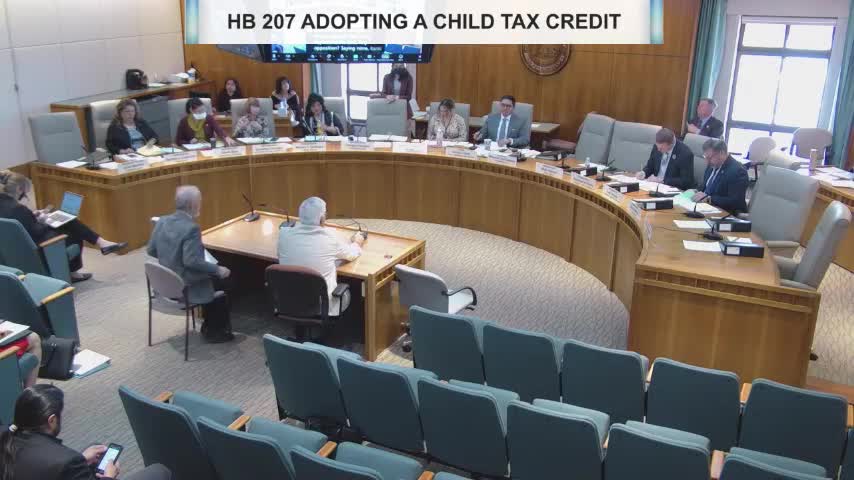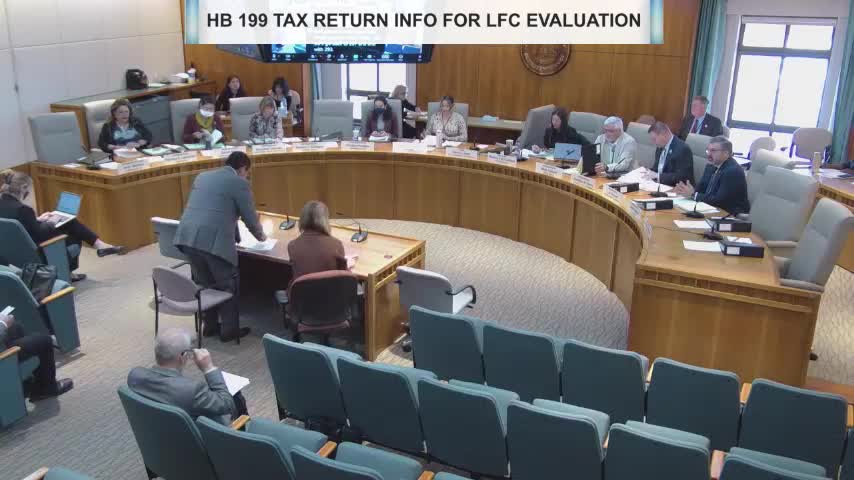Article not found
This article is no longer available. But don't worry—we've gathered other articles that discuss the same topic.

Committee temporarily tables HB293 to repeal state tax on Social Security benefits after lengthy debate

Committee amends HB207 to reinstate special‑needs definition for adoption tax credit, then temporarily tables the bill

Committee gives due-pass recommendation to HB199 to let LFC access limited tax data for evaluations

